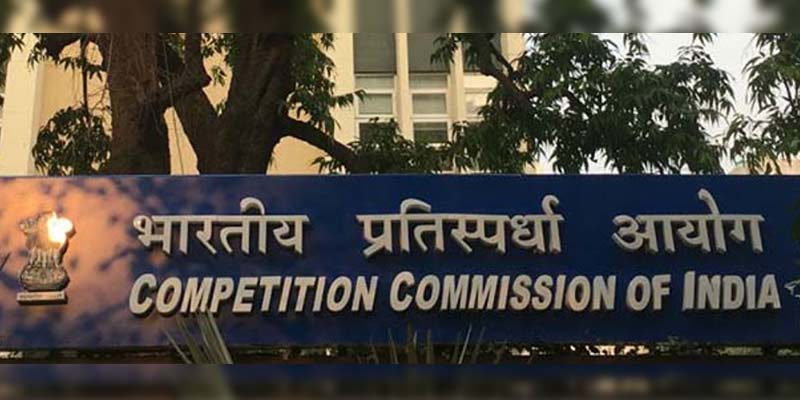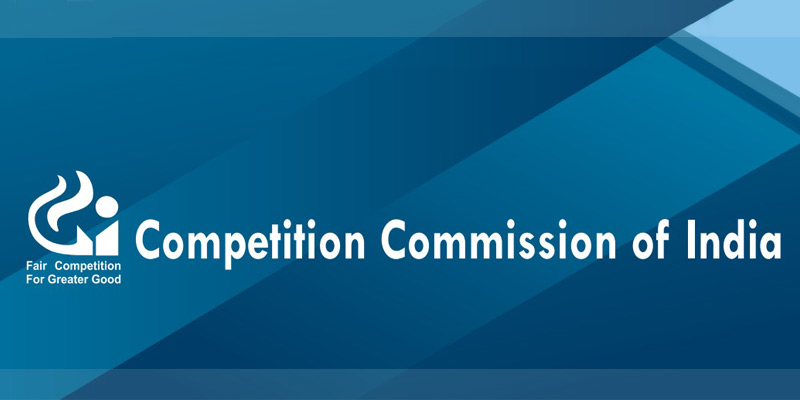- India
- Aug 29
What is the role of Competition Commission of India (CCI)?
• The Competition Commission of India (CCI) approved the merger of media assets of Reliance Industries and Walt Disney Co worth over Rs 70,000 crore.
• It approved the proposed combination involving Reliance Industries Limited (RIL), Viacom18 Media Private Limited (Viacom18), Digital18 Media Limited, Star India Private Limited (SIPL) and Star Television Productions Limited (STPL), subject to the compliance of voluntary modifications.
• Viacom18 is part of the RIL group, and Star India Private Limited is wholly-owned by The Walt Disney Company. Star Television Productions Limited, a company incorporated in the British Virgin Islands, is owned indirectly by The Walt Disney.
• Under the deal, Mukesh Ambani-led Reliance Industries Ltd (RIL) and its affiliates will hold 63.16 per cent of the combined entity that will house two streaming services and 120 television channels.
• The Walt Disney will hold the remaining 36.84 per cent stake in the combined entity.
• As per regulations, CCI has to pass a prima facie order within 30 calendar days of the merger being notified to the regulator. However, it has the power to conduct an in-depth inquiry to ascertain possible anti-competitive issues, and in that case, there will be a wider public consultation.
• The deal will also require approval of the National Company Law Tribunal (NCLT).
Competition Commission Of India
• The Competition Commission of India (CCI) was established in October 2003 under the Competition Act, 2002 for the administration, implementation, and enforcement of the Act.
• The CCI became functional in March 2009.
• The CCI functions as a market regulator by preventing and regulating anti-competitive practices in the country. It also carries out advisory and advocacy functions.
Objectives of CCI:
i) Eliminate practices having adverse effects on competition.
ii) Promote and sustain competition in markets.
iii) Protect the interests of consumers.
iv) Ensure freedom of trade in the markets of India.
v) Establish a robust competitive environment.
• The CCI consists of a chairperson and a maximum of six members appointed by the central government.
• The Commission is also required to give opinion on competition issues on a reference received from a statutory authority established under any law and to undertake competition advocacy, create public awareness and impart training on competition issues.
What is the process of the CCI inquiry?
The CCI can initiate an inquiry:
i) On its own on the basis of information and knowledge in its possession.
ii) On receipt of an information.
iii) On receipt of a reference from the central government or a state government or a statutory authority.
• Any person, consumer, consumer association or trade association can provide information relating to anti-competitive agreements and abuse of dominant position.
• If the Commission is of the opinion that there is a prima facie case, it shall direct the Director General, appointed under the Act, to investigate the matter and report his findings to the Commission.
• After receipt of the investigation report from the Director General, the Commission may forward it to the concerned parties.
• If the report of the DG does not find any contravention of the Act, the Commission shall seek objections from the concerned parties. After considering the objections received, if any, the Commission may accept the report of the DG, or require further investigation to be made by the DG or make inquiries itself.
• In conclusion of the above broad process, the Commission shall determine whether it is a case of anti-competitive agreement or abuse of dominant position or both and after hearing the concerned parties and pass appropriate orders.
• National Company Law Appellate Tribunal (NCLAT) hears appeals against any direction issued or decision made or order passed by the CCI.
Manorama Yearbook app is now available on Google Play Store and iOS App Store


